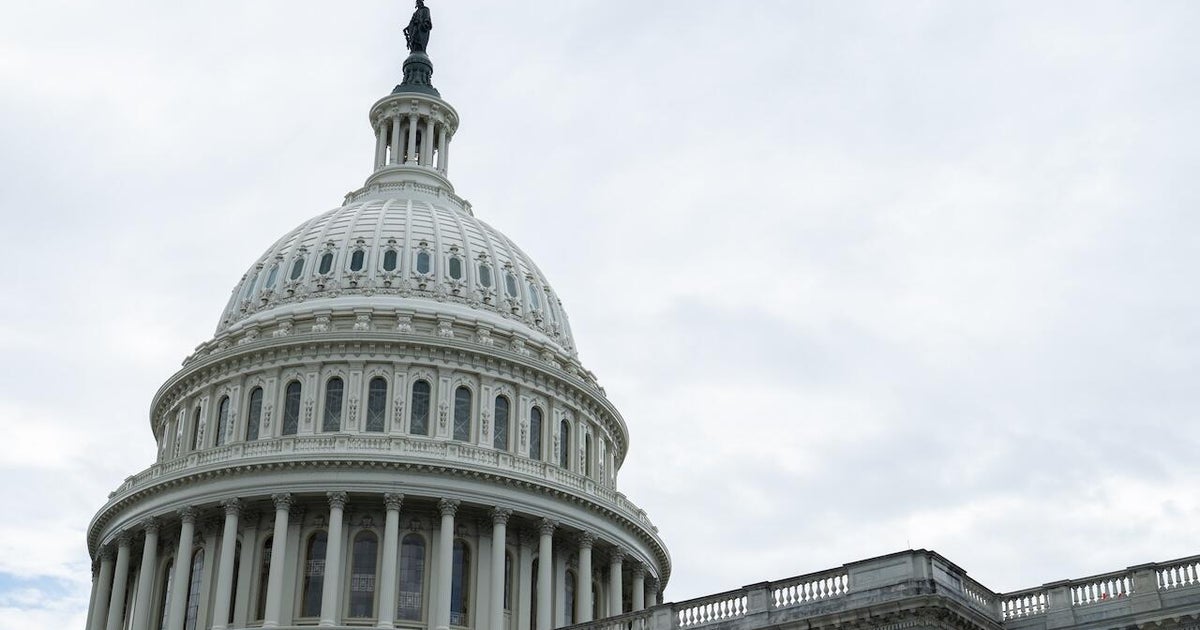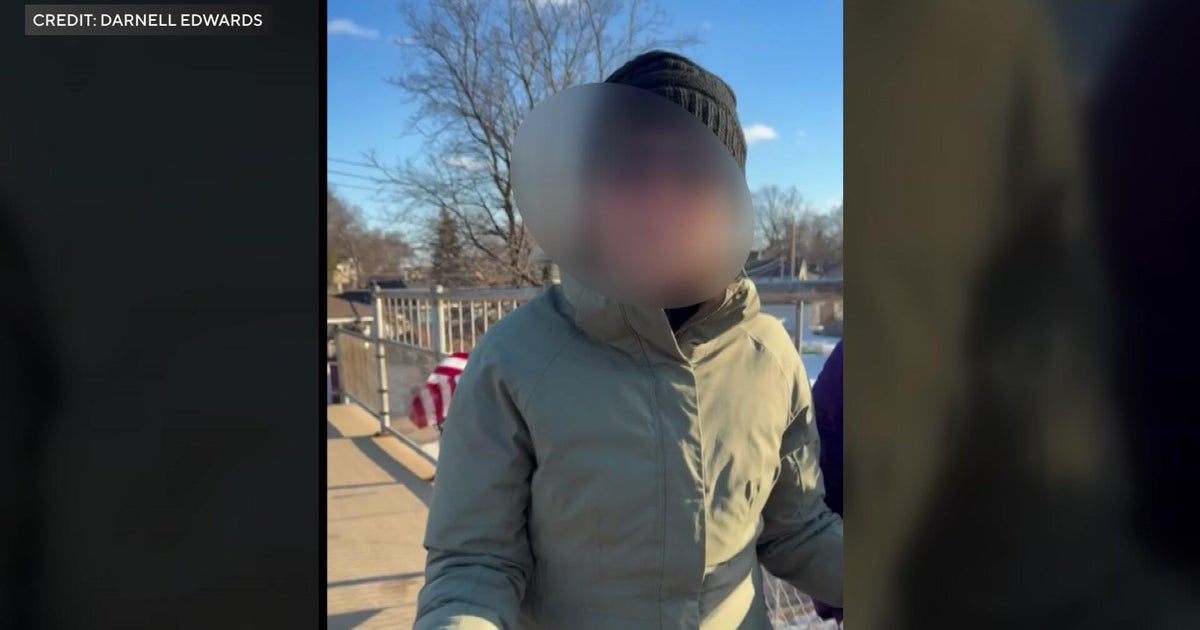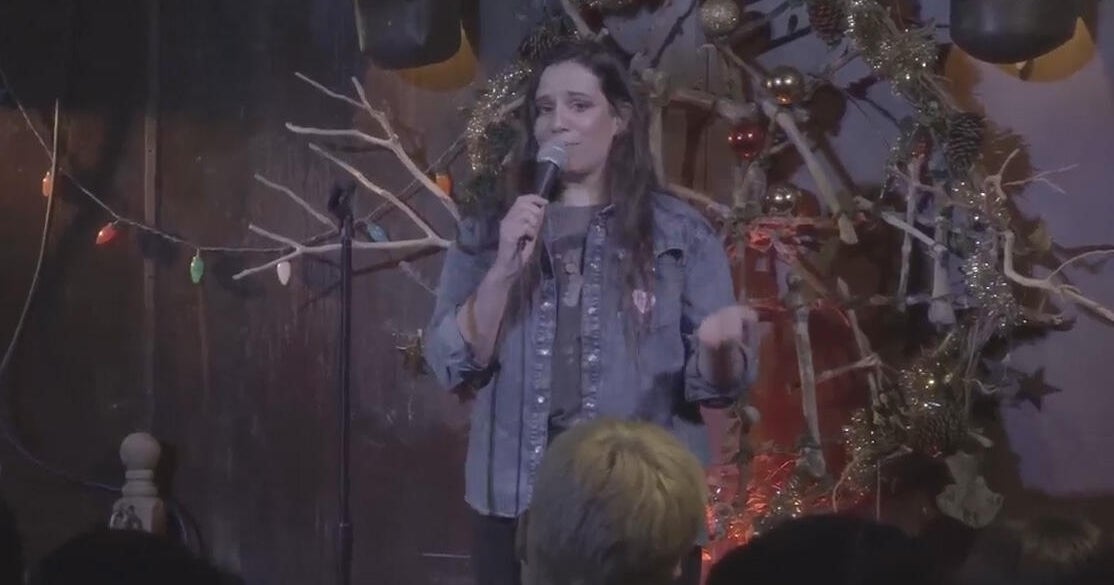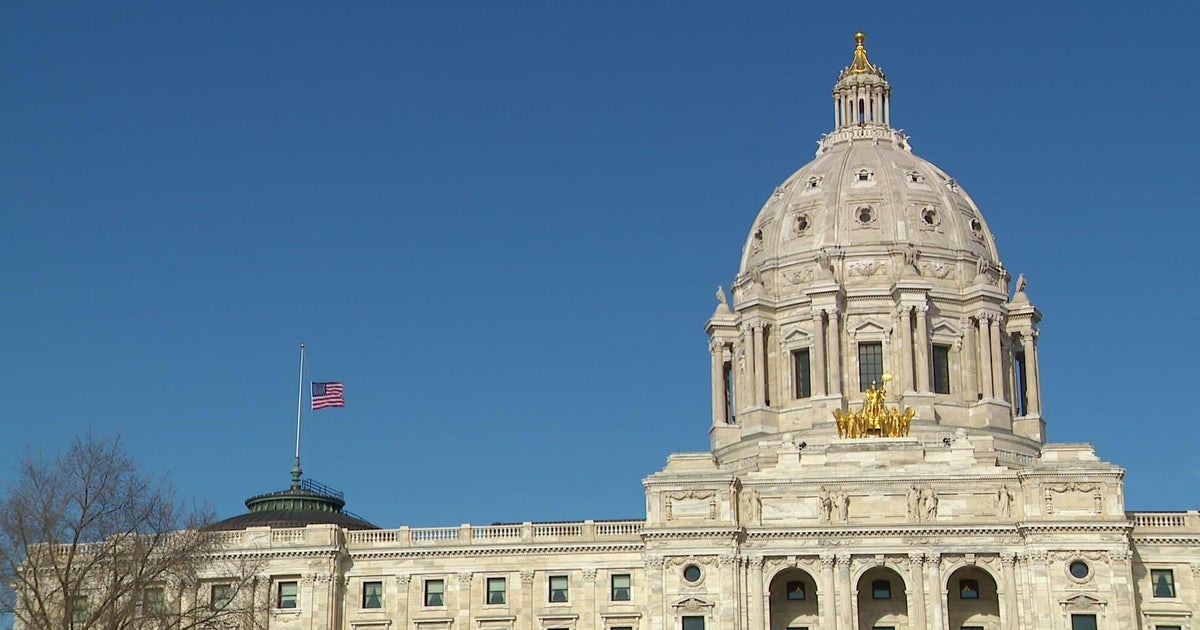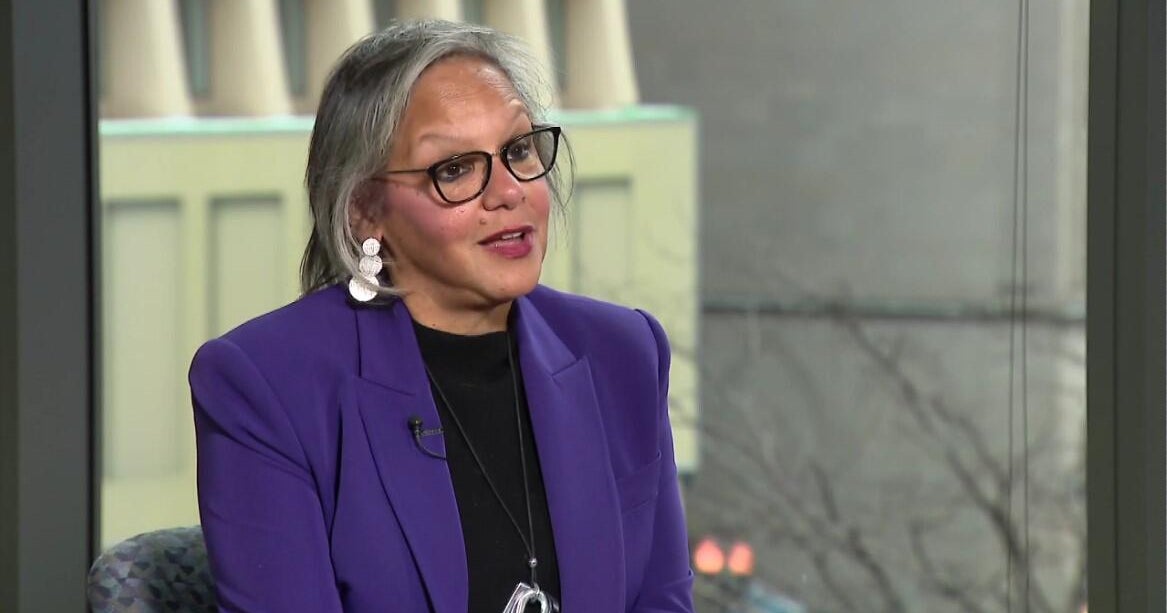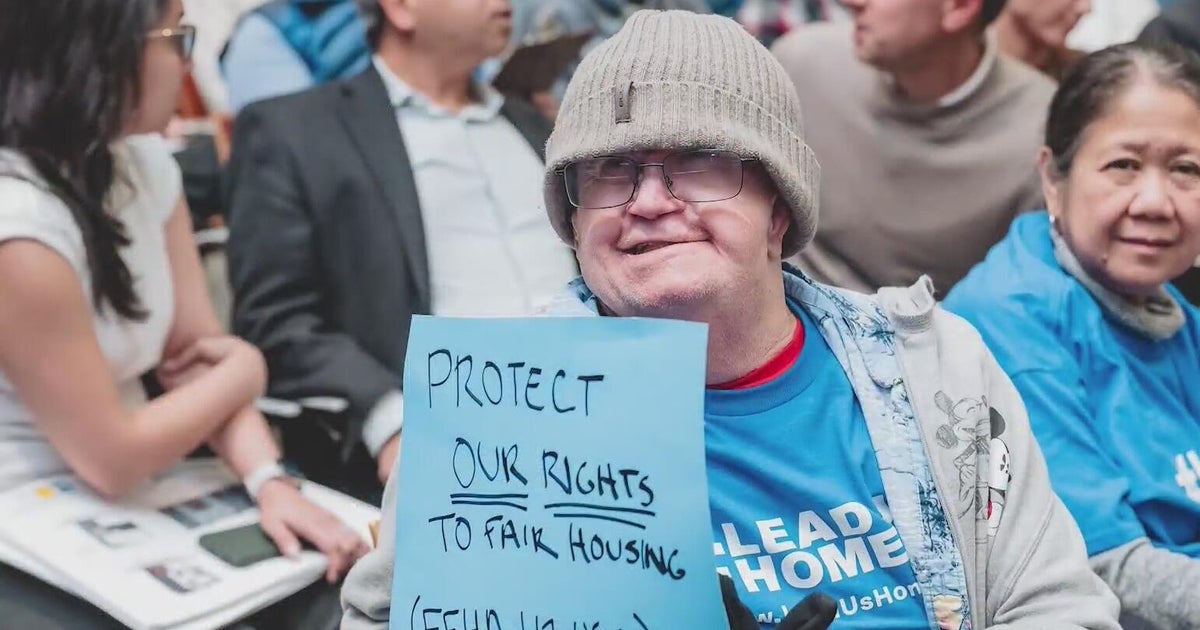Minn. House Passes Photo ID Amendment Proposal
ST. PAUL, Minn. (AP) — A proposed constitutional amendment to make voters show a photo ID at the polls is now halfway to a spot on the November ballot.
The Minnesota House passed the proposal 72-62 late Tuesday night after a nine-hour debate in which critics called the measure "ridiculous," ''absurd" and "a 21st-century Jim Crow law."
Lead House sponsor Rep. Mary Kiffmeyer, R-Big Lake, said the proposal is "common sense" that will increase voter confidence in the voting system and, therefore, increase voter turnout.
"Every single vote in that ballot box deserves to be counted accurately and honestly," Kiffmeyer said during floor debate. "The same level of integrity should be there (when it comes to) who gets the ballot."
Kiffmeyer, a former Minnesota secretary of state, also authored a photo ID bill last year that passed in the GOP-controlled Legislature but was vetoed by Gov. Mark Dayton.
The amendment, if passed by a simple majority in both houses, would circumvent Dayton and let voters decide this fall whether a photo ID will be required at the voting booth. The Senate may take action on its companion bill this week.
Much of the debate centered on what type of photo ID would be accepted at the polls. Wording in the proposal calls for a voter to show a "government-issued" photo ID. Some Democrats worried that private college and tribal members would not have sufficient ID to vote.
Democrats also said the amendment would curb Minnesota's high voter turnout by changing how same-day registration works. Though voters without photo ID could still register on election day, their ballots would be provisional.
Rep. Kerry Gauthier, DFL-Duluth, said that the state would send a message with the amendment that "when you cast a provisional ballot, you are less than, we don't trust you, we don't know who you are."
Republicans fired back that there haven't been any documented cases of voter disenfranchisement in states where there is a photo ID requirement. Some said the amendment, which would provide a photo ID free of charge to those who don't have one, would expand voting rights.
"This is not a barrier," said Rep. Joe McDonald, R-Delano. "We lift the barrier. It allows us as representatives to call (constituents) up and help them and to give them an ID."
Rep. Steve Simon, DFL-St. Louis Park, said he was concerned about the growing frequency of constitutional amendments that aim to achieve policy goals.
"We're seeing a sad absence of self-discipline and self-restraint," Simon said. Later he added: "You're going over the heads of the governor, of future legislators and even of the citizens."
A group of House Democrats held a news conference before Tuesday's floor debate to criticize Republicans for focusing on what they called divisive issues unrelated to jobs and the economy.
Lengthy hearings on the photo ID amendment have been marked by chanting protesters carrying signs and lines of witnesses from such organizations as AARP, the American Civil Liberties Union of Minnesota and the League of Women Voters.
Many witnesses argued that a photo ID requirement would disenfranchise those with limited access to the resources needed to get a photo ID, including minorities, students, the disabled and the elderly. These are groups that Democrats have said traditionally vote for them.
Democrats offered 15 amendments to the proposal, most of which aimed to make the photo ID requirement more specific. Before Tuesday's debate House Democrats had said the amendment is vaguely worded and predicted it could lead to lawsuits if passed.
Earlier this month, Democratic Secretary of State Mark Ritchie and Dayton advocated an electronic poll book database containing driver's license photos and information that could be used as an alternative to the photo ID requirement. Ritchie said the idea would be more cost-effective and friendlier to voters who don't currently hold a photo ID.
House Speaker Kurt Zellers, R-Maple Grove, shut down an amendment Tuesday to include electronic poll book language in Kiffmeyer's bill.
Ritchie said Tuesday in a statement that he was disappointed by the rush to pass the amendment because "we do not know the cost of creating the new provisional voting bureaucracy included in this bill, nor have we been told how many days election results will be delayed as a result."
(© Copyright 2012 The Associated Press. All Rights Reserved. This material may not be published, broadcast, rewritten or redistributed.)

